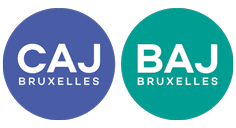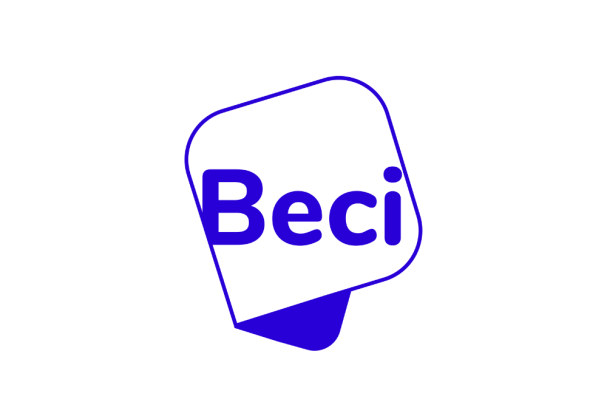As an entrepreneur, you are working hard to develop your own business. And of course, you want to be paid correctly and on time. It all begins with a professional invoice, an essential part of your accounting and VAT administration.
There are two types of invoices:
Purchase invoice: when you purchase goods and/or services, you receive an invoice from the supplier.
Sales invoice: if you sell goods and/or services, you issue an invoice for the buyer.
Mandatory or not?
If you sell to professional customers such as self-employed professionals, companies or governments, an invoice is always mandatory, even if it concerns a small amount. Of course, it also means that you can ask for an invoice for each purchase you make.
You do not have to issue an invoice for individuals who make a private purchase. There are a few exceptions to this: wholesalers, sales and repairs of vehicles, moving or furniture storage services, and the sale of buildings and work on them.
What should an invoice include?
On every invoice to a Belgian customer, you should at least mention the following:
1. Your business details:
- company name, legal form and VAT number
- address of your company and contact details
- bank details
2. Your customer’s details:
- company name and VAT number (unless your customer is a private individual)
- address
3. Invoice details:
- invoice number
- invoice date and payment term
- PO number or structured communication (optional)
4. Details on the services and/or products supplied
- the description, quantity and delivery date of the services and/or products
- unit price (per hour, piece, etc.)
- currency
- the total net amount (excl. VAT)
- VAT rate and the total amount of VAT
- the total price (incl. VAT)
If you forget to mention one of these mandatory elements or your invoice contains inaccuracies, you run the risk of receiving an administrative sanction. You will also have to rectify an incorrect invoice afterwards.
When should you issue invoices?
Invoices should be issued at the latest on the 15th day of the month following the month during which you supplied your service or product.
Paper or electronic invoice?
Both are possible: you choose. It is true, however, that you first need your customer’s express permission before sending an electronic invoice to him or her. In addition, the digital version must be clearly legible, its contents non-editable (e.g. a PDF file) and the identity of the issuer must be guaranteed.
Did you know that ....… you must retain your paper and electronic invoices for at least 7 years? … as a Brussels-based self-employed person or entrepreneur, you can choose the language (Dutch or French) for your invoices? … you cannot charge costs for issuing an invoice? |
Who can help me ?

